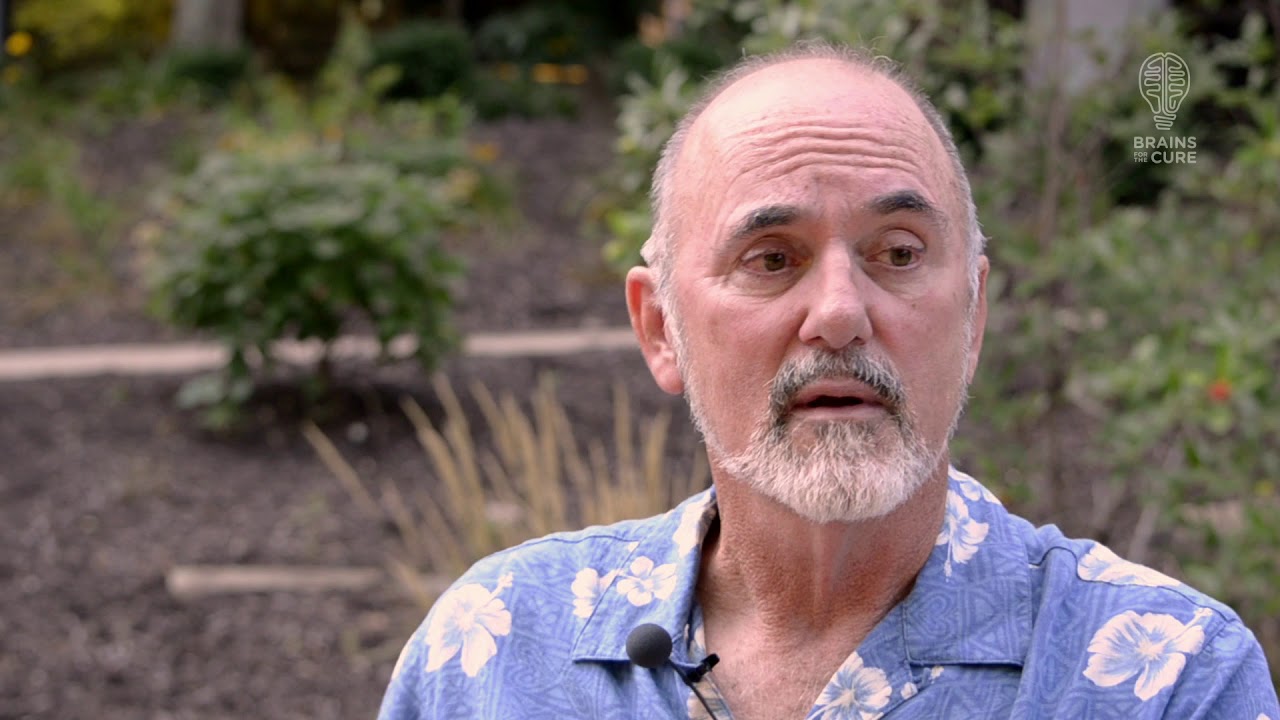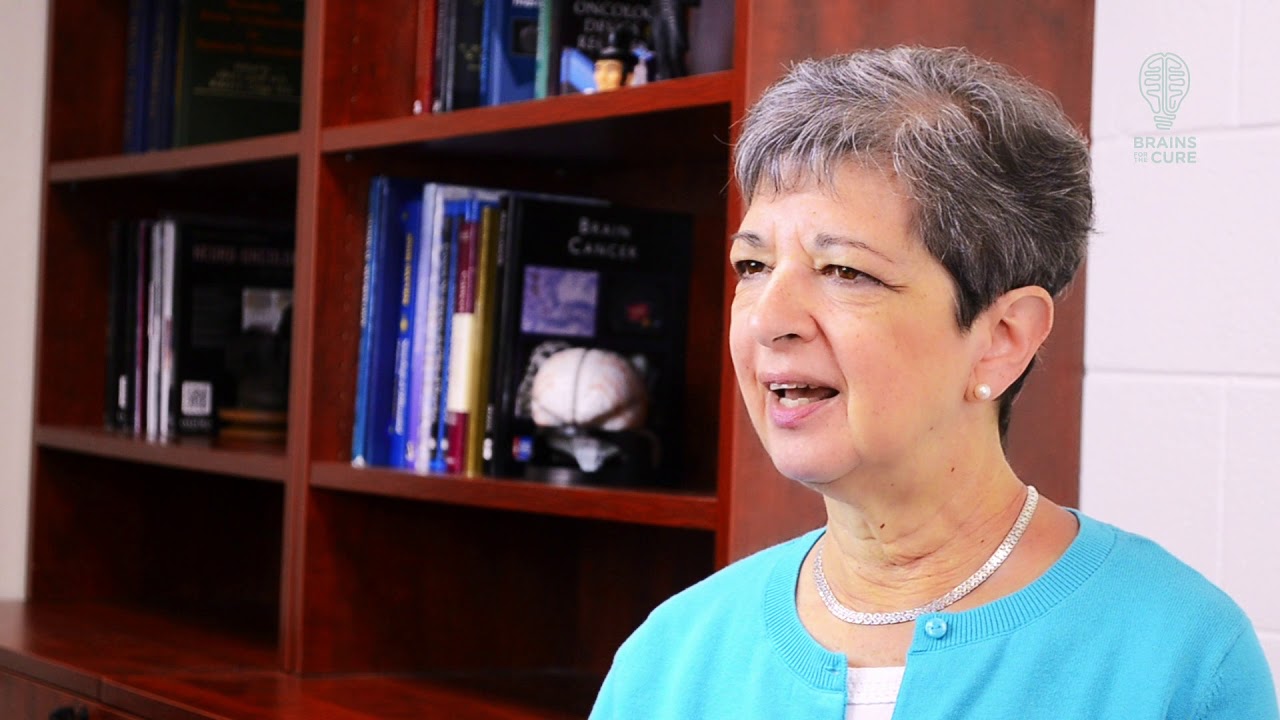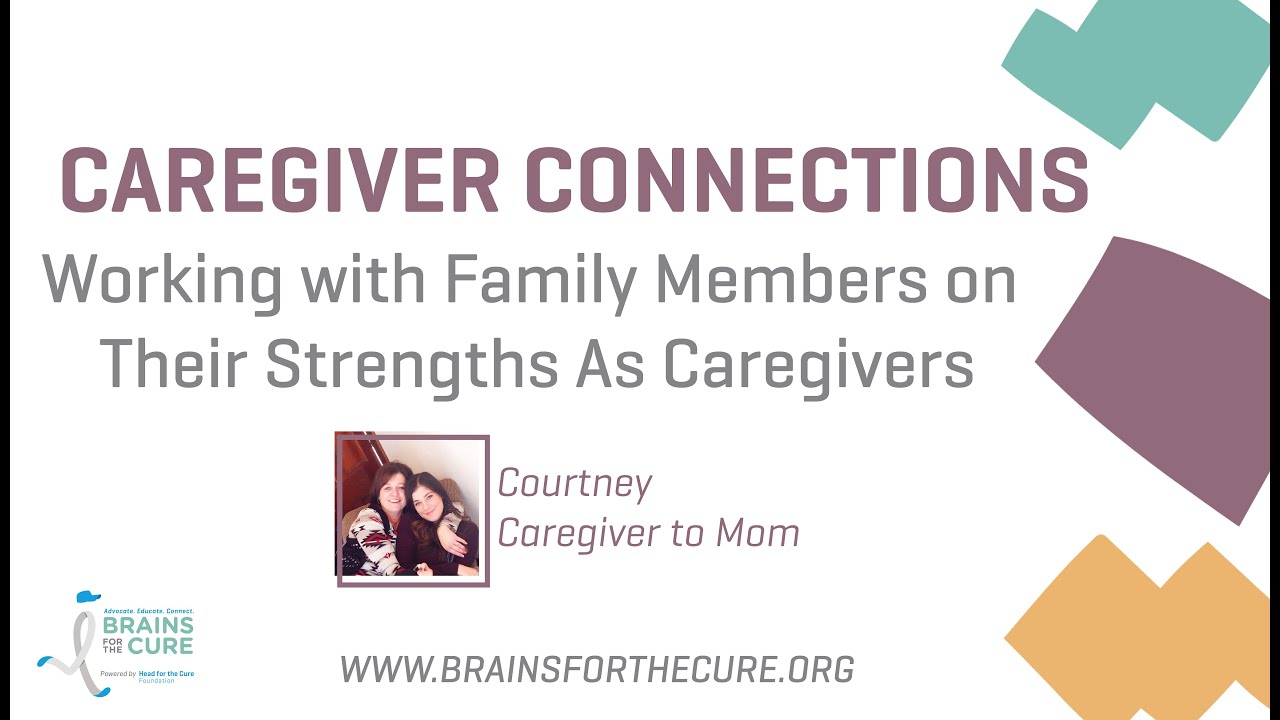
The Importance of Prioritizing Yourself as a Person Over Your Identity as a Patient
In the journey of facing a medical condition, it’s easy to let the label of “patient” overshadow our sense of self. Whether it’s a chronic illness, a sudden diagnosis, or a long-term treatment plan, the identity of being a patient can consume our thoughts and actions. However, it’s crucial to recognize the importance of prioritizing ourselves as individuals over our identity as patients. Here’s why:Preserving Self-Worth: Being a patient doesn’t define your worth as a person. It’s essential to maintain a healthy sense of self-worth independent of your medical condition. Remembering your talents, strengths, and qualities can help you maintain …
April 11, 2024

